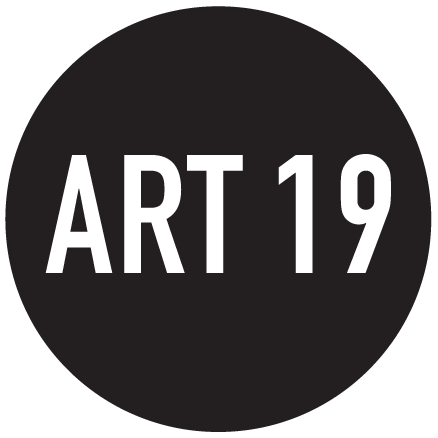Vancouver is Awesome : Opinion: Yoko Ono makes space for women’s testimonies at the Vancouver Art Gallery
Why this particular exhibit is powerful and important.
Hilla Kerner - Vancouver Rape Relief and Women’s Shelter
Yoko Ono's "Arising" is part of her exhibit at the Vancouver Art Gallery. It features text and images from women from around the world about harms done to them.Vancouver Art Gallery/Facebook
These are the last days of the Yoko Ono: Growing Freedom exhibition at the Vancouver Art Gallery. The exhibition includes a growing installation that Ono started in 2013 named “Arising.”
The installation displays the responses to Ono’s call inviting “women of all ages, from all countries of the world” to “send a testament of harm done to you, for being a woman.” Along with their statements, women were asked to send a photograph of their eyes only.
While the display format is humble – a few hundred sheets of A4-sized paper hung in lines (and some more in a binder on a stand in the room), each containing an image of a woman’s eyes and accompanying testimony – the overall message and its impact are powerful.
“Sexually molested as a child, sexually molested as an adult,” reads one statement. “Raped at 14, raped at 26, raped at 42… finding relief in ageing, maybe someday I’ll be safe,” reads another.
“Finally, after 25 years of marriage, I left the abusive marriage,” another statement says and “being told… that I deserved to get raped…because nobody would want me as I was poor, stupid, fat and ugly… that I was a drunken Indian and I was a girl…” are the words of another woman.
Some women directed their writing to the men who harmed them: “When you pinned me down and touched me, I learned to leave my body.” and “I tell you NO… No, I am too drunk to have sex with you. It DOESN’T deter you.” and “I understand that you are married and had a daughter. I want to know how you’d feel if someone did to her what you did to me at the young age of 11.”
Statement after statement, woman after woman, they reveal the reality of being a girl and an adult female in our world as captured in one woman’s words: “I don’t remember a time before I was sexualized…being perceived as a woman in this world is one of the most dangerous and vulnerable positions to be in.”
In “Arising,” Yoko Ono (knowingly or not) uses one of the principles of feminist consciousness-raising, the practice developed by the women’s liberation movement in the late 1960s in North America - women coming together to share and hear each other’s testimony. “Within every story I have ever heard from a woman, I have found some voice of me,” wrote author Toni McNaron about her experience of consciousness-raising, “the details are of course unique to the speaker – they are our differences. But the meaning which they make is common to us all.”
One woman’s statement for Ono’s installation was simply writing “metoo” 500 times. The #MeToo movement is a stellar example from recent years of women connecting their personal experience of male violence to the common experience of being a woman in this world. While the initial public wave was led on social media by a few well-known Hollywood women, the real power of the movement was made by countless women telling their stories, adding their voices to the collective voice of women. The sisterhood and solidarity amongst women that was generated through #MeToo emboldened many women to name and hold the men who attacked them accountable.
Women speaking about their experience of male violence in consciousness-raising groups was the catalyst to the creation of rape crisis centres and transition houses for battered women by the women’s liberation movement. These spaces, like the rape crisis centre and the transition house we operate here in Vancouver, provide more than immediate safety. They are meant to offer women a place to group and strategize in the fight back against male violence.
“Daring to speak about our own feelings and experiences would be very powerful. Our own rising feminist consciousness led us to that assumption by revealing that all women faced oppression as women and had a common interest in ending it,” wrote Kathie Sarachild in the late 1970s in “Consciousness-Raising: A Radical Weapon.”
While the testimonies in “Arising” are of women’s experiences in the past, we know from our own lives, from the women in our community, and from the thousands who call ours and other rape crisis centres - we haven’t ended women’s oppression, we haven’t ended male violence against women.
One woman sent a statement of 11 pages to Ono. In there she writes, “Imagine what women can achieve when they no longer have to spend their time and energy dealing with predators… imagine women working in comfort and safety, openly and freely, focusing on their soul’s desires and goals…”
Yoko Ono’s “Arising” is yet another reinforcement of how we women must create and preserve spaces that invite us to share and hear each other, to join forces, take action and fight our oppression until we are all safe and free.
Article published on https://www.vancouverisawesome.com

